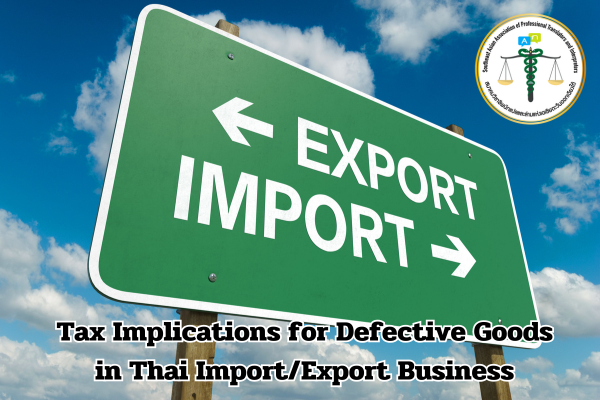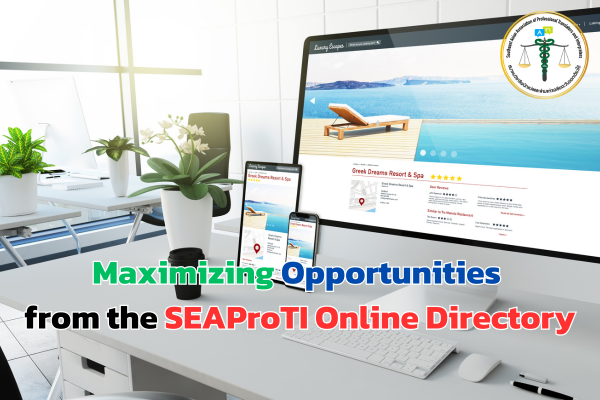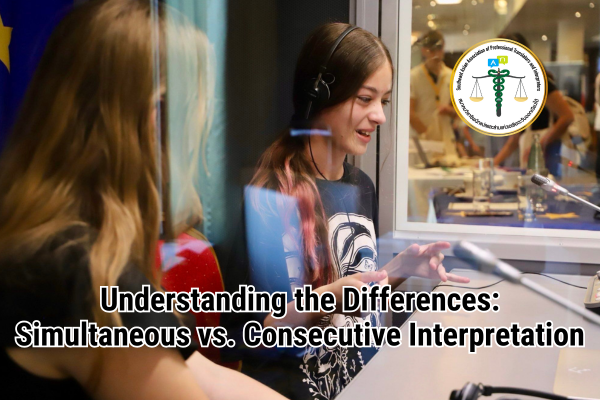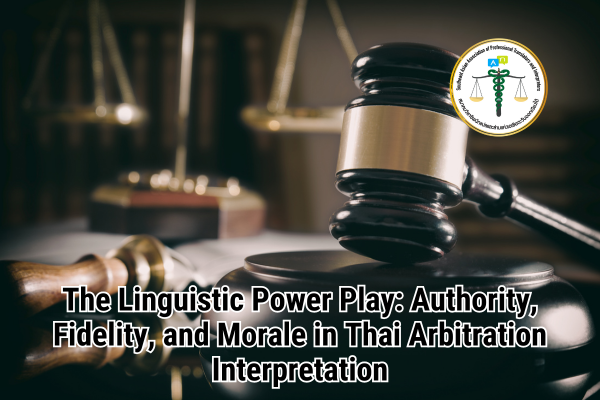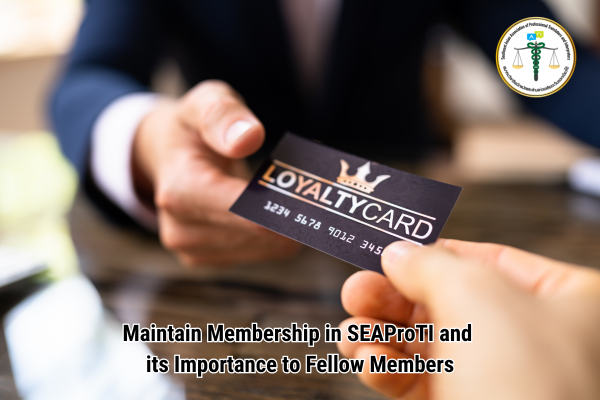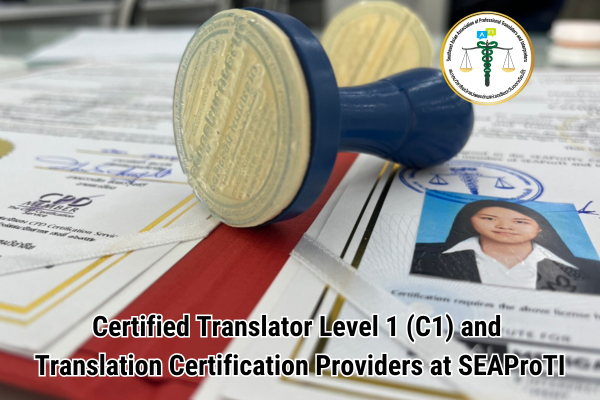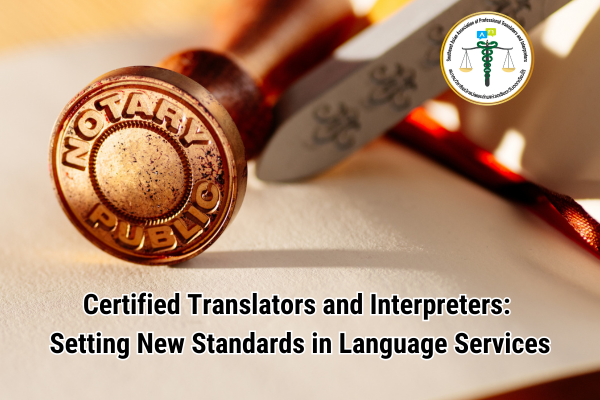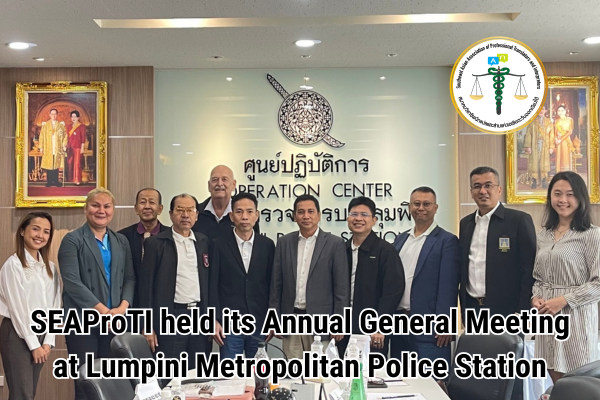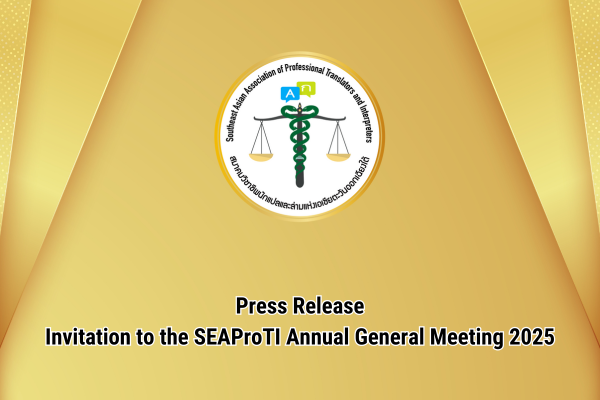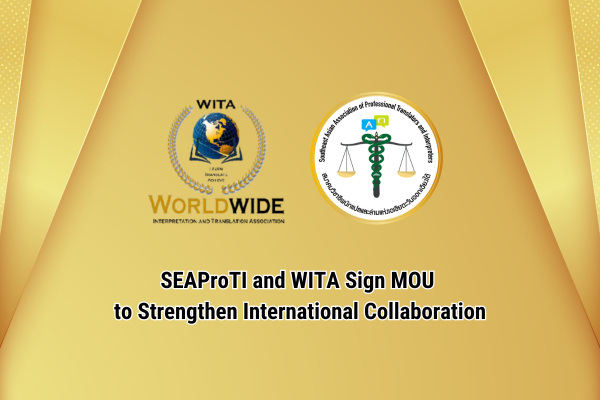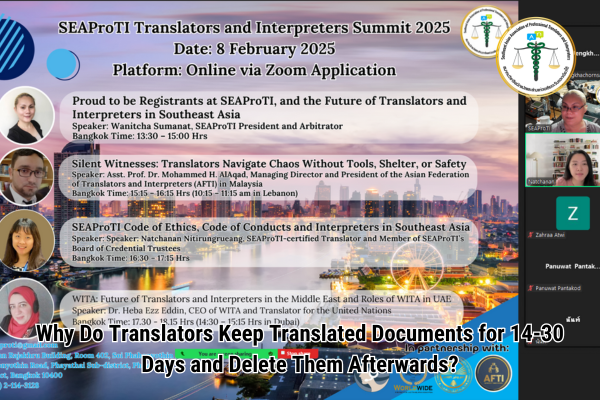Import/Export Companies and Tax Implications for Defective Goods in Thailand
Challenges of Defective Goods in Import/Export Business
17 February 2025, Bangkok – In the import/export business, particularly in Thailand, companies may face issues with defective goods or products that do not meet expectations. This can have significant effects on business operations. When defective goods are received, businesses must consider how to handle returns, the applicable tax implications, and the process of calculating value-added tax (VAT).
Revenue Department’s Advisory Opinion on Defective Goods
The Revenue Department’s Advisory Opinion No. Gor Kor. 0702/8141 issued on September 16, 2013, addressed the situation of Company TH, which was engaged in the import of food supplements from Denmark. Some of the goods were defective, and Company DK offered a solution involving either returning the goods for replacement or providing a credit note without requiring the goods to be returned. Company TH sought clarification on the VAT calculation and whether expenses incurred during the return process could be considered business expenses.
VAT Calculation for Defective Goods
If Company TH distributes the defective goods as free samples, the value of those goods must be included in the VAT calculation according to Section 82/3 of the Revenue Code. This is because the distribution of defective goods as free samples is considered a sale of goods. However, this does not apply if the free samples are given along with an actual sale, provided that the value of the free samples does not exceed the value of the goods sold. In this case, the value of the free samples would not be included in the VAT calculation.
Expenses for Returning Defective Goods
If Company TH is required to return the defective goods and has documentation of the expenses incurred, those expenses may be recognized as legitimate business expenses under the Revenue Code. These expenses would not fall under Section 65 ter (13), which pertains to non-business expenses.
Legal Complexity in the Import/Export Business
Import/export companies in Thailand must navigate complex legal regulations, particularly concerning tax and customs procedures. Therefore, it is crucial for companies to consult legal professionals to ensure compliance with all necessary laws and regulations when conducting business operations.
The Role of Certified Translators and Interpreters in Import/Export Business
Certified translators and interpreters from the Southeast Asian Association of Professional Translators & Interpreters (SEAProTI) play a key role in the import/export sector, especially when dealing with legal documents that involve tax, customs, and business regulations. Accurate translation of legal and tax-related documents is essential for ensuring compliance and avoiding misunderstandings.
Certified Translation and Interpreter Services
Using certified translators and interpreters ensures that business operations are conducted with clarity and precision, particularly when interpreting legal documents such as contracts, tax reports, and import/export agreements. This reduces the risk of errors and ensures that companies follow all necessary legal processes correctly, facilitating smoother business transactions.
Conclusion
The services of certified translators and interpreters from SEAProTI are invaluable to businesses in the import/export sector, particularly when dealing with complex legal and tax matters. By ensuring accurate translation and interpretation of documents, companies can adhere to regulations, avoid costly mistakes, and continue to operate smoothly within Thailand’s legal framework.
SEAProTI’s certified translators, translation certification providers, and certified interpreters:
The Southeast Asian Association of Professional Translators and Interpreters (SEAProTI) has officially announced the criteria and qualifications for individuals to register as “Certified Translators,” “Translation Certification Providers,” and “Certified Interpreters” under the association’s regulations. These guidelines are detailed in Sections 9 and 10 of the Royal Thai Government Gazette, issued by the Secretariat of the Cabinet under the Office of the Prime Minister of the Kingdom of Thailand, dated July 25, 2024, Volume 141, Part 66 Ng, Page 100.
To read the full publication, visit the Royal Thai Government Gazette
การนำเข้า/ส่งออกและผลกระทบทางภาษีจากสินค้าที่ชำรุดในประเทศไทย
ปัญหาสินค้าชำรุดในธุรกิจนำเข้า/ส่งออก
17 กุมภาพันธ์ 2568, กรุงเทพมหานคร – ในธุรกิจการนำเข้าและส่งออก โดยเฉพาะในประเทศไทย บริษัทที่นำเข้าสินค้าจากต่างประเทศอาจพบปัญหาสินค้าที่ชำรุดหรือไม่ตรงตามที่คาดหวัง ซึ่งส่งผลกระทบต่อการดำเนินธุรกิจ การคืนสินค้าและการคำนวณภาษีจึงเป็นเรื่องที่ต้องให้ความสำคัญ
คำวินิจฉัยของกรมสรรพากรเกี่ยวกับสินค้าที่ชำรุด
นคำวินิจฉัยของกรมสรรพากร (คำวินิจฉัยที่ 0702/8141) ได้ชี้แจงกรณีของบริษัท TH ที่นำเข้าอาหารเสริมจากประเทศเดนมาร์ก โดยมีการพบสินค้าที่ชำรุด และได้รับข้อเสนอจากบริษัท DK ให้คืนสินค้าหรือได้รับบัตรเครดิตแทนการคืนสินค้า บริษัท TH สอบถามเรื่องการคำนวณภาษีมูลค่าเพิ่ม (VAT) และค่าใช้จ่ายในการคืนสินค้า
การคำนวณภาษีมูลค่าเพิ่ม (VAT) สำหรับสินค้าที่ชำรุด
หากบริษัท TH แจกสินค้าชำรุดให้กับลูกค้าเป็นตัวอย่างฟรี จะต้องรวมมูลค่าของสินค้าที่แจกไปในการคำนวณภาษีมูลค่าเพิ่มตามกฎหมาย ถ้าสินค้าชำรุดถูกแจกไปพร้อมกับการขายสินค้าอื่น และมูลค่าของสินค้าชำรุดไม่เกินมูลค่าของสินค้าที่ขาย จะไม่ต้องรวมมูลค่าของตัวอย่างฟรีในการคำนวณภาษี
ค่าใช้จ่ายในการคืนสินค้าที่ชำรุด
ถ้าบริษัท TH มีหน้าที่ต้องคืนสินค้าที่ชำรุดและมีหลักฐานการจ่ายค่าใช้จ่ายในการคืนสินค้า ก็สามารถนำค่าใช้จ่ายดังกล่าวมาคำนวณเป็นค่าใช้จ่ายทางธุรกิจได้
ความซับซ้อนของการดำเนินธุรกิจนำเข้า/ส่งออกในประเทศไทย
การดำเนินธุรกิจนำเข้าและส่งออกในประเทศไทยต้องพิจารณาข้อกำหนดทางภาษีและกฎหมายที่ซับซ้อน ดังนั้น การขอคำปรึกษาจากที่ปรึกษากฎหมายจึงเป็นสิ่งที่สำคัญเพื่อให้การดำเนินธุรกิจเป็นไปอย่างถูกต้องตามกฎหมาย
บทบาทของนักแปลรับรองและล่ามในธุรกิจนำเข้า/ส่งออก
นักแปลและล่ามที่ได้รับการรับรองจากสมาคมวิชาชีพนักแปลและล่ามแห่งเอเชียตะวันออกเฉียงใต้ (SEAProTI) มีความสำคัญในการช่วยแปลเอกสารทางการค้าที่มีความซับซ้อนและเกี่ยวข้องกับกฎหมายและภาษี การแปลที่ถูกต้องและแม่นยำช่วยให้ธุรกิจสามารถปฏิบัติตามข้อกำหนดของกฎหมายได้อย่างถูกต้อง
การรับรองการแปลและล่ามรับรอง
การใช้บริการนักแปลรับรองและล่ามรับรองจาก SEAProTI ช่วยให้ธุรกิจสามารถจัดการกับเอกสารทางกฎหมายที่เกี่ยวข้องกับภาษีและการค้าได้อย่างแม่นยำ ลดความเสี่ยงจากการสื่อสารผิดพลาดที่อาจมีผลกระทบต่อธุรกิจและการปฏิบัติตามระเบียบข้อบังคับ
สรุป
การใช้บริการจากนักแปลรับรองและล่ามจาก SEAProTI มีความสำคัญอย่างยิ่งในธุรกิจนำเข้าและส่งออก โดยเฉพาะเมื่อเกิดปัญหาสินค้าที่ชำรุดหรือมีข้อขัดข้องในเรื่องภาษี การแปลเอกสารที่แม่นยำจะช่วยให้การทำธุรกิจและการปฏิบัติตามกฎหมายเป็นไปได้อย่างราบรื่นและถูกต้อง
เกี่ยวกับนักแปลรับรอง ผู้รับรองการแปล และล่ามรับรองของสมาคมวิชาชีพนักแปลและล่ามแห่งเอเชียตะวันออกเฉียงใต้
สมาคมวิชาชีพนักแปลและล่ามแห่งเอเชียตะวันออกเฉียงใต้ (SEAProTI) ได้ประกาศหลักเกณฑ์และคุณสมบัติผู้ที่ขึ้นทะเบียนเป็น “นักแปลรับรอง (Certified Translators) และผู้รับรองการแปล (Translation Certification Providers) และล่ามรับรอง (Certified Interpreters)” ของสมาคม หมวดที่ 9 และหมวดที่ 10 ในราชกิจจานุเบกษา ของสำนักเลขาธิการคณะรัฐมนตรี ในสำนักนายกรัฐมนตรี แห่งราชอาณาจักรไทย ลงวันที่ 25 ก.ค. 2567 เล่มที่ 141 ตอนที่ 66 ง หน้า 100 อ่านฉบับเต็มได้ที่: นักแปลรับรอง ผู้รับรองการแปล และล่ามรับรอง


